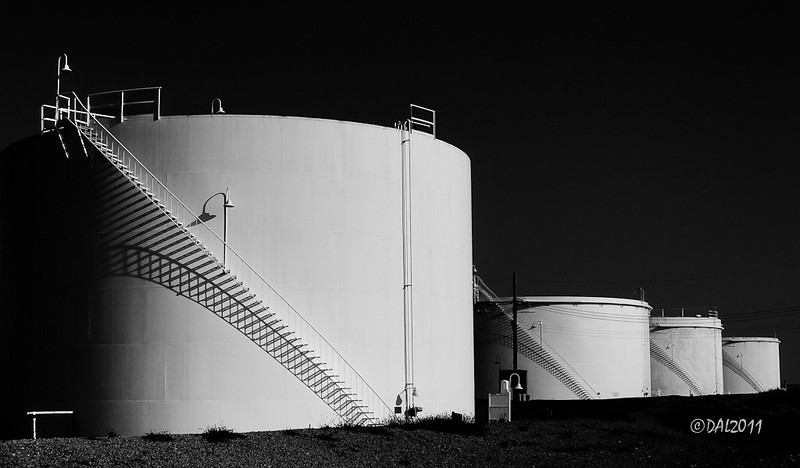The Importance of Investors Understanding Regulatory Requirements for Importing Petroleum Products in Tanzania
Investors eyeing opportunities in Tanzania’s petroleum sector must recognize the critical significance of comprehending the regulatory landscape governing the importation of petroleum products.
This article delves into why it’s crucial for investors to familiarize themselves with these regulations and how doing so can mitigate risks, foster compliance, and unlock the full potential of investment endeavors in the country’s energy sector.
- Regulatory Compliance and Risk Mitigation:
Investors operating in the petroleum industry must navigate a complex web of regulations, permits, and licenses to ensure compliance with legal requirements.
Understanding the regulatory framework for importing petroleum products in Tanzania is paramount for investors to avoid costly penalties, delays, or legal entanglements that could jeopardize their investments.
By thoroughly understanding the regulatory landscape, investors can proactively identify and mitigate compliance risks.
This includes adhering to licensing requirements, environmental standards, and tax obligations associated with importing petroleum products. By incorporating regulatory compliance into their investment strategies, investors can safeguard their assets and reputations while fostering trust and confidence with stakeholders.
- Operational Efficiency and Cost Optimization:
Efficient importation processes are essential for optimizing operational costs and maximizing returns on investment in the petroleum sector. Familiarizing themselves with regulatory requirements enables investors to streamline importation procedures, minimize bureaucratic hurdles, and reduce administrative overheads.
Investors who understand the regulatory framework can proactively design supply chain strategies that prioritize efficiency and cost-effectiveness.
This may involve leveraging preferential trade agreements, optimizing transportation routes, or coordinating with reliable logistics partners to ensure timely delivery of petroleum products.
By optimizing operational processes in line with regulatory requirements, investors can enhance their competitive advantage and achieve sustainable profitability in Tanzania’s petroleum market.
- Reputation and Stakeholder Confidence:
Maintaining a positive reputation and earning the trust of stakeholders are paramount for investors seeking long-term success in the petroleum industry.
Compliance with regulatory requirements demonstrates a commitment to ethical business practices, environmental stewardship, and social responsibility.
Investors who prioritize understanding and adhering to regulatory frameworks cultivate a favorable reputation among government agencies, local communities, and industry peers.
This enhances their credibility as responsible corporate citizens and fosters goodwill, which can be invaluable when seeking partnerships, securing financing, or navigating regulatory approvals for future projects.
- Long-Term Sustainability and Growth:
Investors with a deep understanding of regulatory requirements for importing petroleum products are better equipped to navigate the evolving energy landscape and capitalize on emerging opportunities.
By staying abreast of regulatory updates, market trends, and geopolitical developments, investors can adapt their strategies to mitigate risks and seize growth prospects in Tanzania’s dynamic petroleum sector.
Furthermore, compliance with environmental regulations and sustainability standards is increasingly becoming a prerequisite for accessing capital and markets. Investors who proactively integrate environmental considerations into their investment decisions can future-proof their operations and position themselves for long-term success in a rapidly changing global economy.
In conclusion, investors in Tanzania’s petroleum sector cannot afford to overlook the importance of understanding regulatory requirements for importing petroleum products.
By prioritizing regulatory compliance, optimizing operational efficiency, safeguarding their reputation, and embracing sustainability, investors can mitigate risks, unlock opportunities, and contribute to the sustainable development of Tanzania’s energy sector for the benefit of all stakeholders involved.



